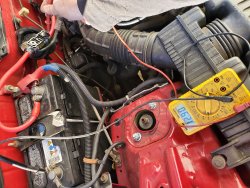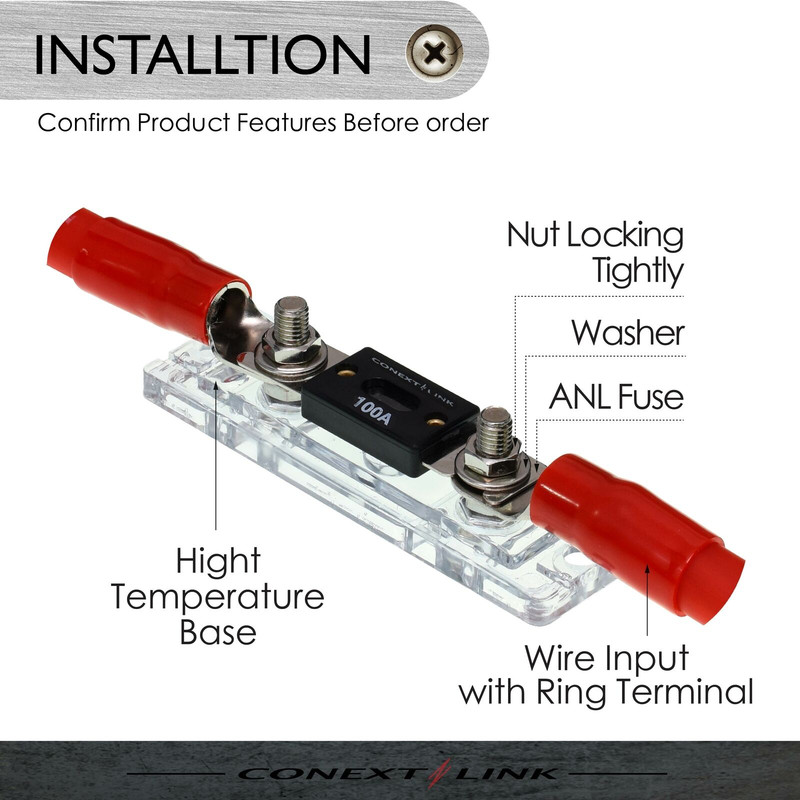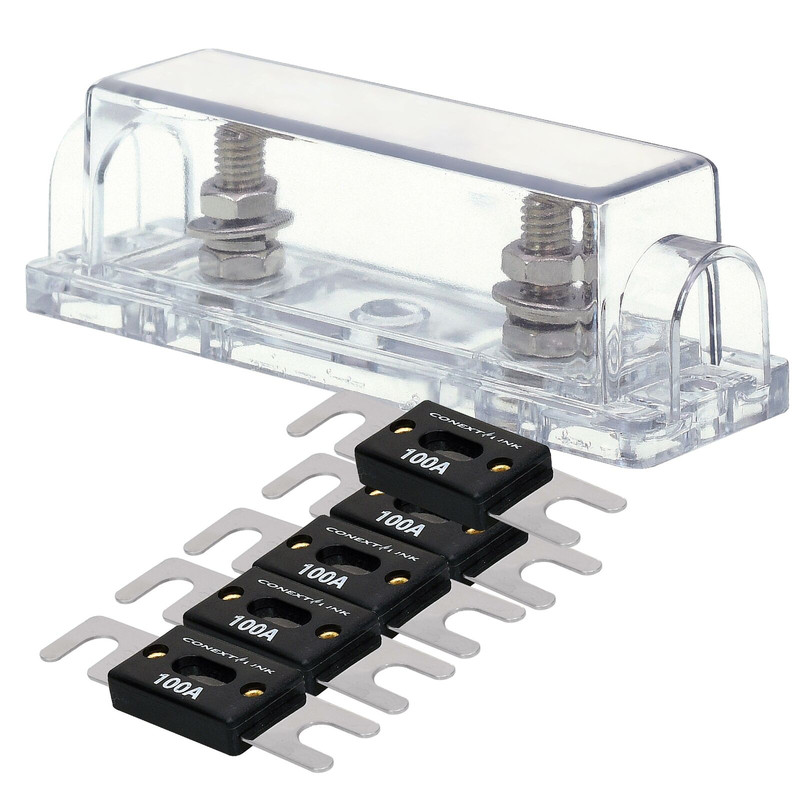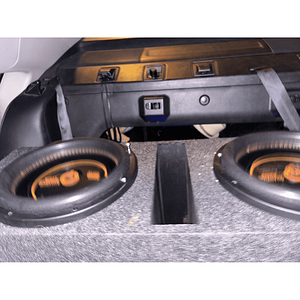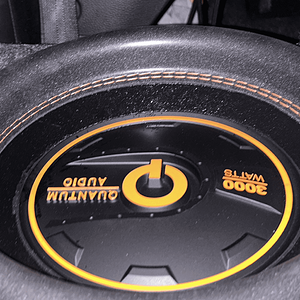You've got your wires messed up somewhere. I would remove the amp from the vehicle and run short little jumper wires direct from the battery. That'll prove it's your wires.
@Deiimos is right. You'd be burning wires if you were grounding it out to reach 6 volts. As soon as you jump the amp from rem to power, the amp starts using electricty, and youre not supplying enough. that's why it dips and the amp protects itself because your not giving it a solid connection.
P.S. make sure you're grounding the amp to something that your battery is grounded to. If your using a body ground in the rear make sure it's clean as hell with no paint, and run an extra wire from your battery to the body in the engine bay. You could have a perfect power and perfect rem but if you don't have a ground your voltage will collapse as soon as the the amp turns on.
This is exactly what @dragon.breath said I'm just trying to expand and reinforce this idea.
TLDR Stop looking at your REM. Fix your Power and Ground
@Deiimos is right. You'd be burning wires if you were grounding it out to reach 6 volts. As soon as you jump the amp from rem to power, the amp starts using electricty, and youre not supplying enough. that's why it dips and the amp protects itself because your not giving it a solid connection.
P.S. make sure you're grounding the amp to something that your battery is grounded to. If your using a body ground in the rear make sure it's clean as hell with no paint, and run an extra wire from your battery to the body in the engine bay. You could have a perfect power and perfect rem but if you don't have a ground your voltage will collapse as soon as the the amp turns on.
This is exactly what @dragon.breath said I'm just trying to expand and reinforce this idea.
TLDR Stop looking at your REM. Fix your Power and Ground

